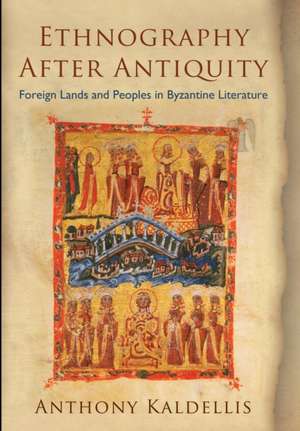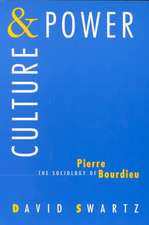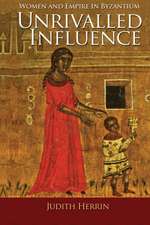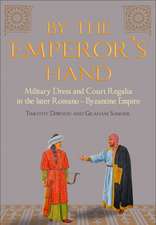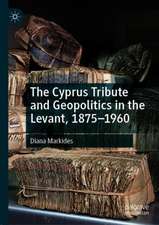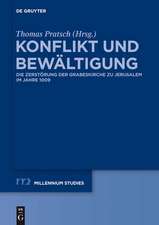Ethnography After Antiquity – Foreign Lands and Peoples in Byzantine Literature: Empire and After
Autor Anthony Kaldellisen Limba Engleză Hardback – 21 aug 2013
Preț: 501.97 lei
Preț vechi: 564.02 lei
-11% Nou
96.05€ • 100.54$ • 79.95£
Carte tipărită la comandă
Livrare economică 31 martie-14 aprilie
Specificații
ISBN-10: 0812245318
Pagini: 288
Dimensiuni: 161 x 237 x 26 mm
Greutate: 0.61 kg
Editura: MT – University of Pennsylvania Press
Seria Empire and After
Cuprins
Preface Chapter 1. Ethnography in Late Antique Historiography Chapter 2. Byzantine Information-Gathering Behind the Veil of Silence Chapter 3. Explaining the Relative Decline of Ethnography in the Middle Period Chapter 4. The Genres and Politics of Middle Byzantine Ethnography Chapter 5. Ethnography in Palaiologan Literature Epilogue: Looking to a New World List of Abbreviations Notes Bibliography Index Acknowledgments
Recenzii
Descriere
Although Greek and Roman authors wrote ethnographic texts describing foreign cultures, ethnography seems to disappear from Byzantine literature after the seventh century C.E.-a perplexing exception for a culture so strongly self-identified with the Roman empire. Yet the Byzantines, geographically located at the heart of the upheavals that led from the ancient to the modern world, had abundant and sophisticated knowledge of the cultures with which they struggled and bargained. Ethnography After Antiquity examines both the instances and omissions of Byzantine ethnography, exploring the political and religious motivations for writing (or not writing) about other peoples.
Through the ethnographies embedded in classical histories, military manuals, Constantine VII's De administrando imperio, and religious literature, Anthony Kaldellis shows Byzantine authors using accounts of foreign cultures as vehicles to critique their own state or to demonstrate Romano-Christian superiority over Islam. He comes to the startling conclusion that the Byzantines did not view cultural differences through a purely theological prism: their Roman identity, rather than their orthodoxy, was the vital distinction from cultures they considered heretic and barbarian. Filling in the previously unexplained gap between antiquity and the resurgence of ethnography in the late Byzantine period, Ethnography After Antiquity offers new perspective on how Byzantium positioned itself with and against the dramatically shifting world.
Notă biografică
Anthony Kaldellis is Professor of Classics at the Ohio State University. He is the author of Procopius of Caesarea, also available from the University of Pennsylvania Press.
